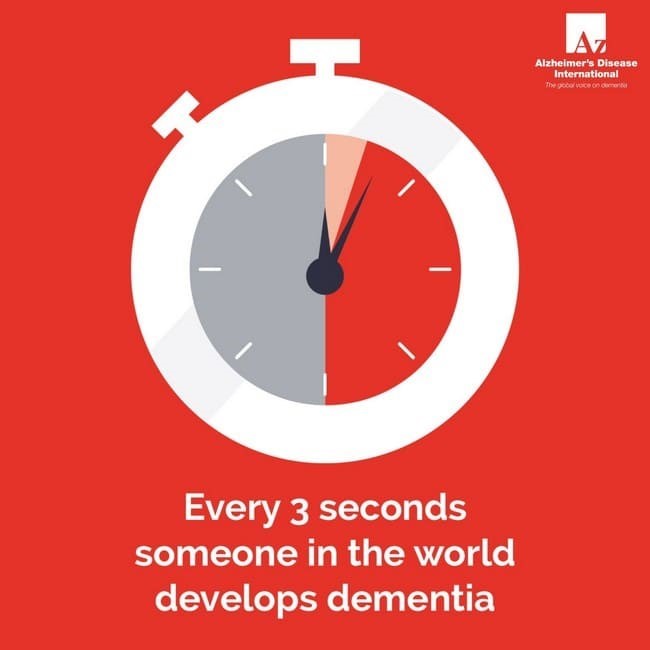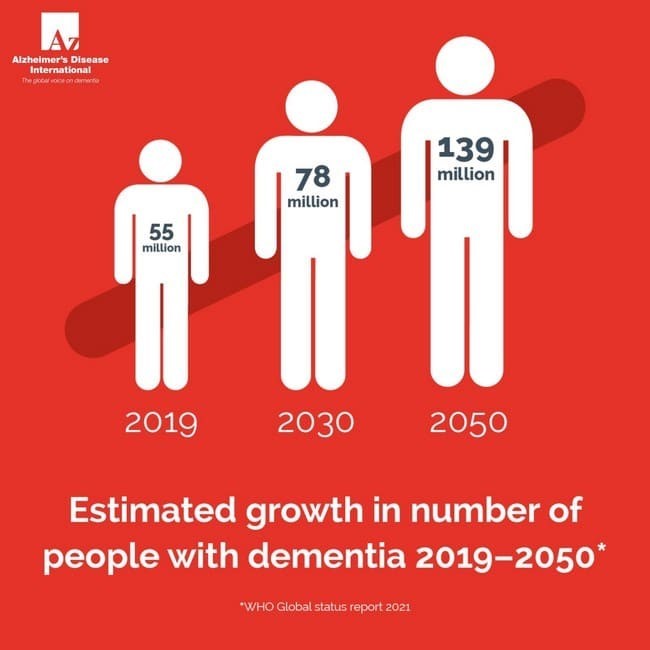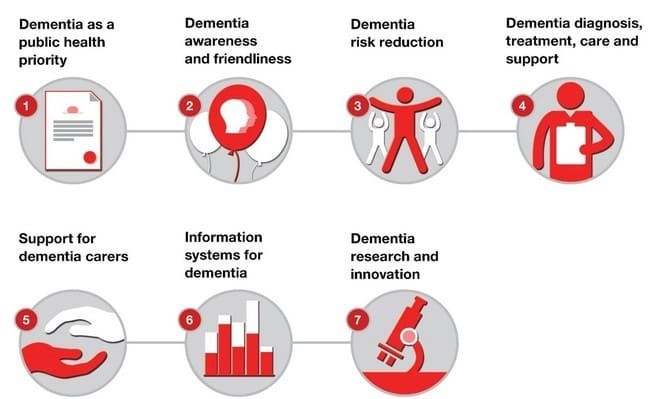AMMAN — Cases of dementia in Jordan are set to rise at an
alarming rate over the next three decades, posing a significant national public
health crisis if immediate action is not taken, according to Alzheimer's
Disease International (ADI).
اضافة اعلان
The federation, which includes the local Al-Oun for
Alzheimer's Patient Care Association (AACA) among its 105 Alzheimer's and
Dementia associations worldwide, has emphasized the urgent need for intervention.
Local statistics and predictions
Current estimates reveal that Jordan has approximately
37,000 individuals living with dementia. However, this number is expected to
surge by over 500 percent to exceed 232,000 by 2050, making it one of the most
substantial increases globally.

ADI and AACA convened a meeting this week with Minister of
Health Feras Al-Hawari, Minister of Education Azmi Mahafzah, Minister Of
Culture Haifa Najjar, and representatives from the Ministry of Social
Development to strategize and collaborate on mitigating these projections.
The primary objectives are to enhance the quality of life
for people with dementia and their caregivers, alleviate the strain on
healthcare and support systems, and alleviate societal pressures.

Expressing satisfaction with the high-level attention given
to the growing public health crisis of dementia, Hamza Nouri, president and
founder of AACA, stated, "We hope that we can continue to develop our
working relationship towards the development and implementation of a National
Dementia Plan and other dementia-friendly initiatives in Jordan."
Global plan
In 2017, all Member States of the World Health Organization adopted
the Global Action Plan on the Public Health Response to dementia. The plan's
seven action areas aim to improve the well-being of individuals with dementia
and their caregivers, as well as address the imminent public health crisis
posed by dementia.
This includes adopting risk reduction measures that could
potentially delay or reduce the number of people affected by dementia in the
future.

Regarding risk reduction, ADI CEO Paola Barbarino
emphasized, "More and more research is pointing towards the importance of
reducing the chances of developing dementia throughout a person's entire
lifespan, with evidence suggesting that as many as 40% of cases of dementia can
be delayed or reduced through 12 modifiable risk factors."
Barbarino further added, "While individuals can
certainly make a significant impact, governmental policies, including the
implementation of a National Dementia Plan, play a vital role in raising
awareness and creating incentives for adopting healthy behaviors. Other risk
factors, such as air pollution and low education, require a governmental and
multilateral approach."
National Dementia Plan
The National Dementia Plan also seeks to provide support for
caregivers of individuals with dementia and increase public awareness.

Informal caregivers spend a staggering 133 billion hours
each year caring for those living with dementia, equivalent to the efforts of
67 million full-time caregivers.
Anoud Hariri, a caregiver for a person with dementia,
highlighted the lack of awareness about the condition in the Kingdom and its
detrimental effect on support services. Hariri shared her experience, saying,
"My mother's diagnosis was very difficult for us. When we found out, it
was a shock because we had never experienced Alzheimer's disease or dementia in
our family.”

“Dementia still carries significant stigma in Jordan, so
when we first heard about it, we were in denial. As her condition progressed
rapidly, we felt lost and confused, unsure of how to provide proper care during
the different stages."
Read more Health
Jordan News



